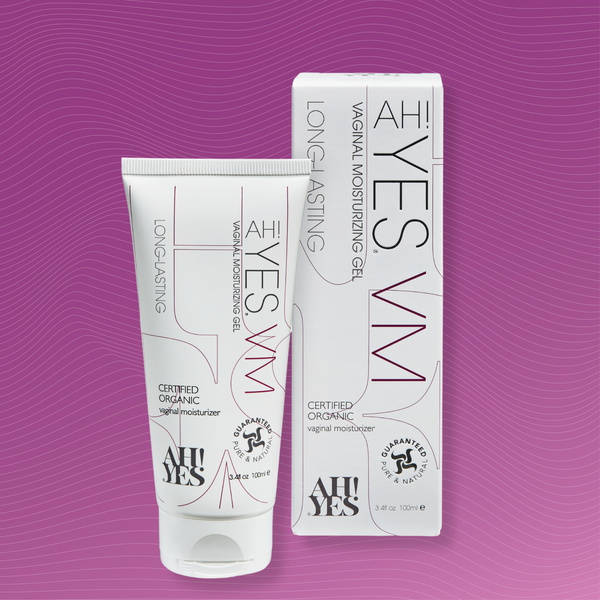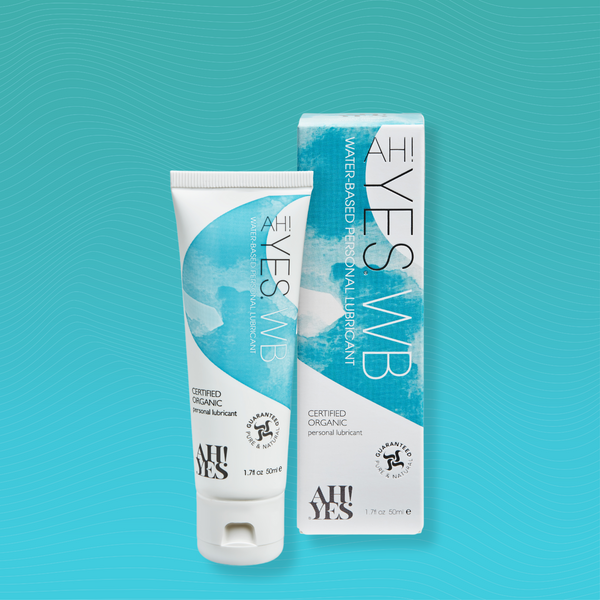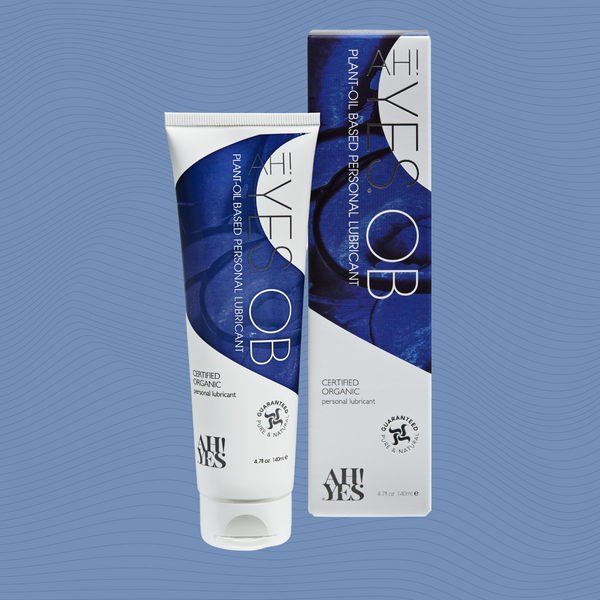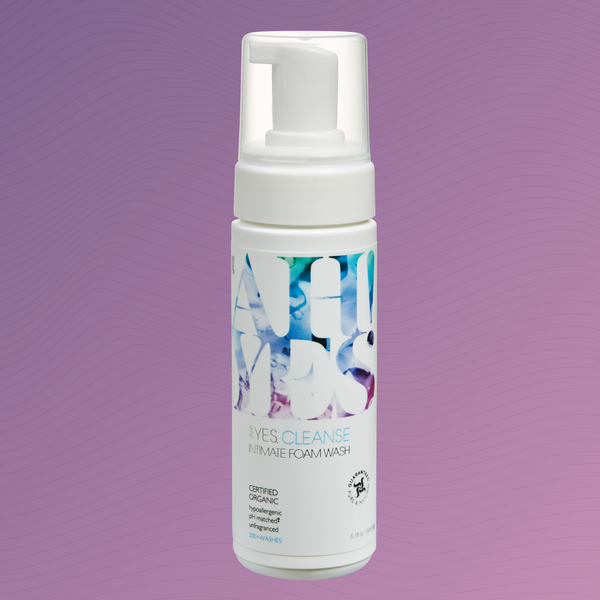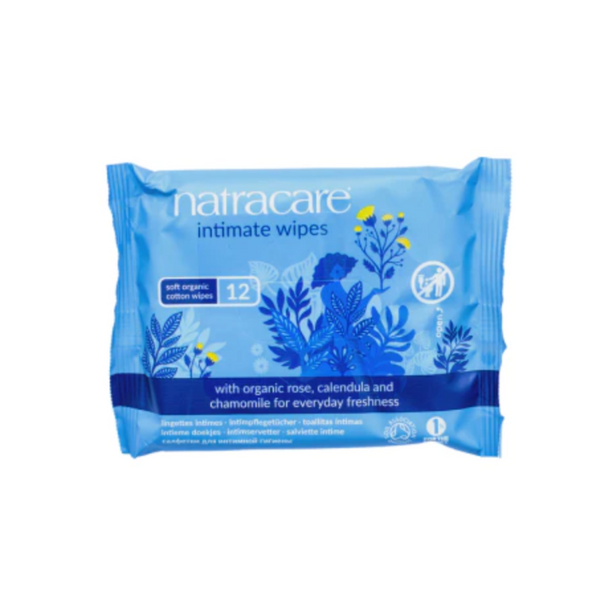It can be unsettling when your body starts to feel unfamiliar. Many women describe a moment during or after menopause — or even following childbirth — when they realize something has shifted. The vagina feels drier, tighter, or more fragile. Sex can become uncomfortable. Looking in the mirror, things might even seem a little different.
It’s easy to worry that these changes are permanent or that you’ve somehow “lost” a part of yourself. But the truth is simple: these changes are normal, common, and most importantly, treatable.
How Hormonal Change Affects Vaginal Health
As estrogen levels fall, usually during peri- and post-menopause, the tissues of the vulva and vagina gradually produce less natural moisture. The lining becomes thinner and less elastic, and the pH of the vagina rises slightly, making it more sensitive to friction or infection.
These biological shifts are part of a recognized condition called Genitourinary Syndrome of Menopause (GSM): an umbrella term for dryness, irritation, and urinary symptoms linked to low estrogen. For some, these changes also appear after childbirth or during breastfeeding, when hormones temporarily mimic a menopausal pattern.
None of this means your vagina is “ruined” or “unusable.” It means it needs a little more care and attention than before. The tissues remain responsive — they can recover, hydrate, and strengthen again with the right support.
“It wasn’t just dryness — it felt like my body had forgotten how to be comfortable. Once I found the right moisturizer, it was like my skin could breathe again.” — AH! YES® customer review
What “Different” Really Looks and Feels Like
Over time, the vulva may look paler or less plump. The inner labia might change in shape or texture. Some women notice increased tightness or sensitivity, while others describe a feeling of fragility.
These are visual signs of normal hormonal change — similar to how facial skin becomes thinner or drier with age. It’s not something to hide or feel ashamed of. Understanding what’s happening biologically helps replace fear with compassion for your body.
The Emotional Side No One Talks About
When something so intimate changes, it can shake your confidence. Vaginal discomfort often leads to emotional distance — from your partner, from intimacy, even from yourself. It’s not just about sex; it’s about identity, self-esteem, and the quiet grief that can come from feeling unlike yourself.
Hormonal shifts affect mood-regulating chemicals like serotonin and dopamine. That’s why vaginal dryness often arrives alongside low energy, anxiety, or irritability. Many women describe feeling detached from their body, frustrated that no one warned them this might happen.
But you are far from alone. Nearly 80% of women experience vaginal dryness in menopause, yet only a fraction ever talk about it. Talking openly — with friends, partners, or your GP — is often the first step to feeling better.
“It’s not about vanity; it’s about comfort and confidence. I thought I was broken. Now I know it’s just my body adapting… and that I can help it heal.” — Community member
Restoring Comfort and Confidence
The good news: the vagina is remarkably resilient. With consistent care, tissue health can improve within weeks. Moisture returns, elasticity strengthens, and comfort follows.
Re-hydrate regularly
Daily hydration is as vital for intimate tissue as it is for your skin or eyes. A vaginal moisturizer like AH! YES® VM works to replenish natural moisture levels and restore pH balance. It’s certified organic, hormone-free, and clinically proven to relieve dryness — safe for use even if HRT isn’t suitable for you.
Reduce friction and support intimacy
When sex or movement causes discomfort, a lubricant can make all the difference.
AH! YES® WB Water-Based Lubricant is formulated to mimic the body’s own lubrication; it feels light and natural, providing instant hydration.
AH! YES® COCO Coco-Based Lubricant offers long-lasting nourishment and glide for those who prefer a richer feel.
Both are hypoallergenic — with no parabens, glycerin, or hormones.
Cleanse gently
The vulva’s microbiome is delicate. Avoid soaps or washes that strip away its natural protection. AH! YES® CLEANSE maintains the correct pH and respects sensitive skin, helping you feel fresh without irritation.
“Finally, something that doesn’t sting or feel clinical. It’s gentle, natural, and actually works.” — AH! YES® customer review
Everyday Habits That Help
-
Stay hydrated: water supports mucosal tissue.
-
Avoid perfumed products: especially bubble baths or wipes.
-
Support circulation: gentle movement and pelvic floor exercises can improve blood flow.
-
Eat healthy fats: omega-3s nourish skin from within.
-
Sleep well and manage stress: cortisol affects estrogen balance and tissue recovery.
If symptoms persist, talk to your doctor or menopause specialist. Local estrogen treatments or AH! YES® products may complement your self-care routine.
Moving From Shame to Self-Care
Vaginal changes are one of the least discussed yet most emotionally charged parts of menopause. They can touch every aspect of how you see yourself — your confidence, your relationships, and even your sense of femininity.
But these changes don’t erase who you are. They’re simply a reminder that your body is evolving and that it deserves compassion, not criticism.
With small, consistent care and gentle, clinically backed products designed to work with your body, comfort, pleasure, and self-confidence can absolutely return.
Empower yourself
Read more about the changes your body goes through during peri menopause and post menopause.

